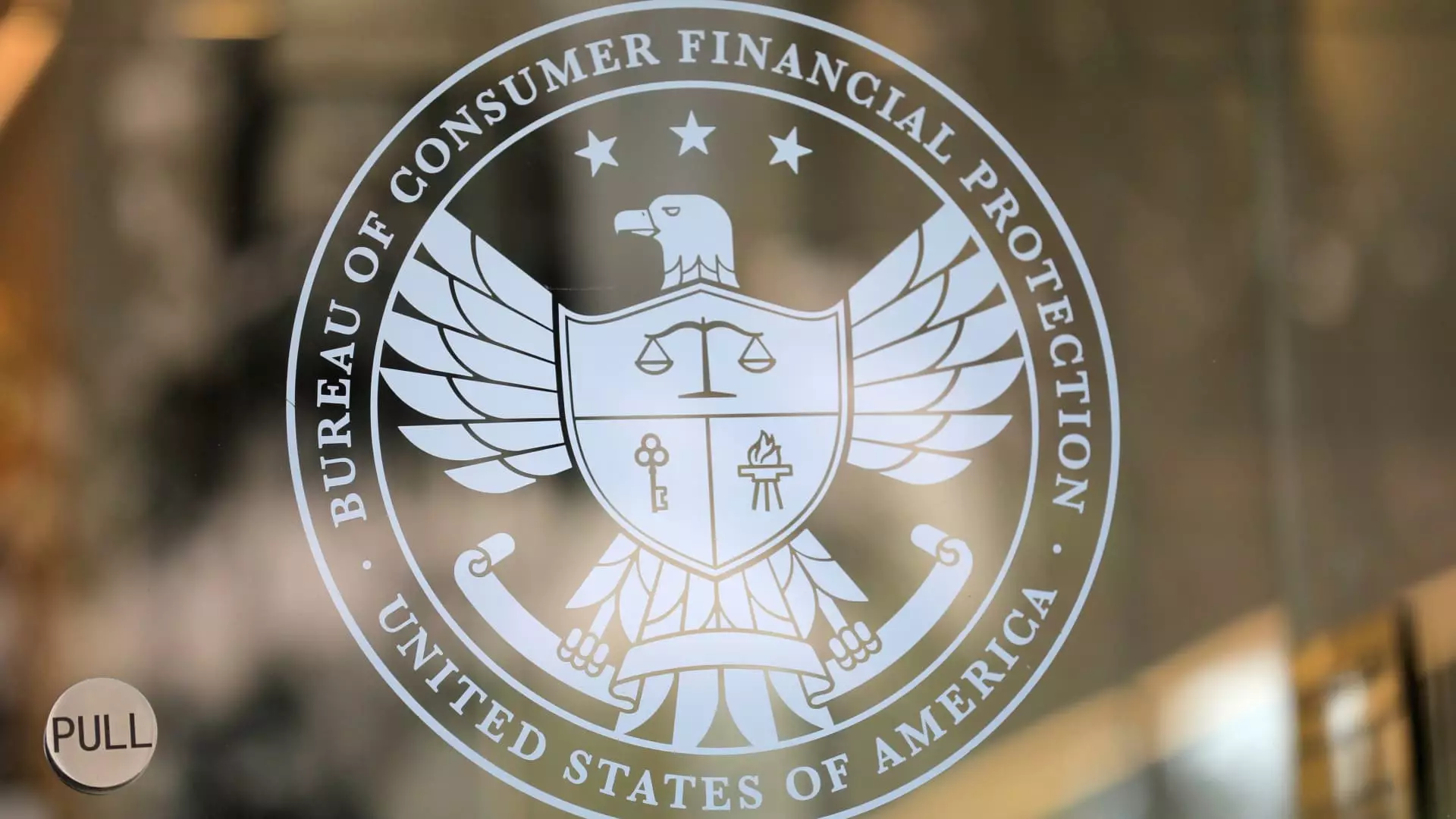The Consumer Financial Protection Bureau (CFPB) was established in the aftermath of the Great Recession, aimed at safeguarding consumers against the kinds of predatory practices that once wreaked havoc on American families. However, the administration of former President Donald Trump has launched a relentless assault on this essential agency, leading to a dangerous erosion of consumer protections. This article explores seven critical dangers stemming from the Trump administration’s attempts to undermine the CFPB, as well as the broader implications for American consumers.
An Undermined Sense of Security for Consumers
The CFPB was created as a unified body to shield consumers from financial exploitation by banks and other institutions. Under Trump’s administration, this very foundation is being eroded. The legal battles and bureaucratic maneuvers aimed at diminishing the CFPB create an atmosphere of instability and uncertainty. Consumers are left wondering if their complaints about unfair practices will even be heard. “If there is a complaint and it’s received, that doesn’t mean that there will be a response,” said Adam Rust from the Consumer Federation of America. Such ambiguity undermines the confidence Americans need to navigate their financial lives.
Severe Staffing Cuts Lead to Ineffectiveness
One of the most chilling aspects of the Trump administration’s approach is its proposal to drastically reduce the CFPB’s workforce from nearly 1,700 employees to a mere 200. Mark Paoletta, acting chief legal officer of the CFPB, described this total-scale reduction as a path toward “aligning with the new leadership’s priorities.” But who are these priorities serving? Maintaining even a fraction of this workforce is imperative for ensuring that the agency can enforce laws that protect consumers from excessive fees or predatory lending practices. Dismantling the CFPB’s capacity will only worsen the plight of vulnerable consumers.
Impact on Financial Regulation
The CFPB’s initiatives to regulate financial institutions—such as capping bank overdraft fees, oversight of debt collection practices, and ensuring fair treatment in loan services—are now in jeopardy. The Trump administration’s apathy towards these regulations means that the financial landscape will likely revert to an era characterized by exploitation and ambiguity. The potentially catastrophic consequences of such regressive policies are evident in how banks and financial institutions may feel free to increase fees and limit services for consumers without consequence.
The Evolution of Financial Services Is at Stake
In a fast-evolving financial environment dominated by fintech and mobile payments, regulation is more crucial than ever. The CFPB’s previous attempts to hold non-bank entities like PayPal and Venmo accountable under the same regulations as banks signaled a much-needed effort to maintain apparatuses that would ensure fair play. With the rollback of these proposed rules, firms such as these can operate with diminished oversight. This presents a double-edged sword for consumers who could easily fall prey to unscrupulous practices. With competition suspended and regulations diminished, these companies are likely to prioritize profits over protections—not what consumers need in a digital economy.
Failed Accountability and Consumer Trust
The CFPB was designed to be a watchdog, maintaining a database of consumer complaints to hold businesses accountable. The prospect of underfunding and staffing cuts jeopardizes the agency’s ability to effectively respond to these grievances, potentially leaving these voices unheard and unresolved. With approximately 25,000 complaints filed weekly, the prospect of them falling through the cracks becomes not just a possibility, but a reality. Without the necessary architecture to intercede, consumers may experience a striking disconnection between their expectations of service and the reality of indifference.
The Political Tug-of-War Over Consumer Protection
What’s at stake here is not merely bureaucratic restructuring but a direct challenge to the very notion of consumer rights—a battle playing out against a backdrop of political maneuvering. More than two dozen state attorneys general have voiced opposition to efforts aimed at defunding the CFPB, highlighting the widespread concern among lawmakers about the implications for everyday consumers. Despite a push from the Trump administration to curtail its power, the resistance demonstrates a significant bipartisan acknowledgment of the CFPB’s role in effective consumer protection.
A Future of Uncertainty
Ultimately, the CFPB stands at a perilous crossroads. It faces not only government attempts to undermine it but also an unpredictable financial landscape that could easily spiral out of control. The lack of clear regulatory frameworks leaves both consumers and institutions in a state of confusion regarding their rights and obligations. For an agency that was once a beacon of hope in the wake of financial chaos, the CFPB now faces a future that appears more uncertain than ever. The price of complacency could be steep—one that consumers will likely pay with their security, and in a broader sense, their trust in the financial system.

